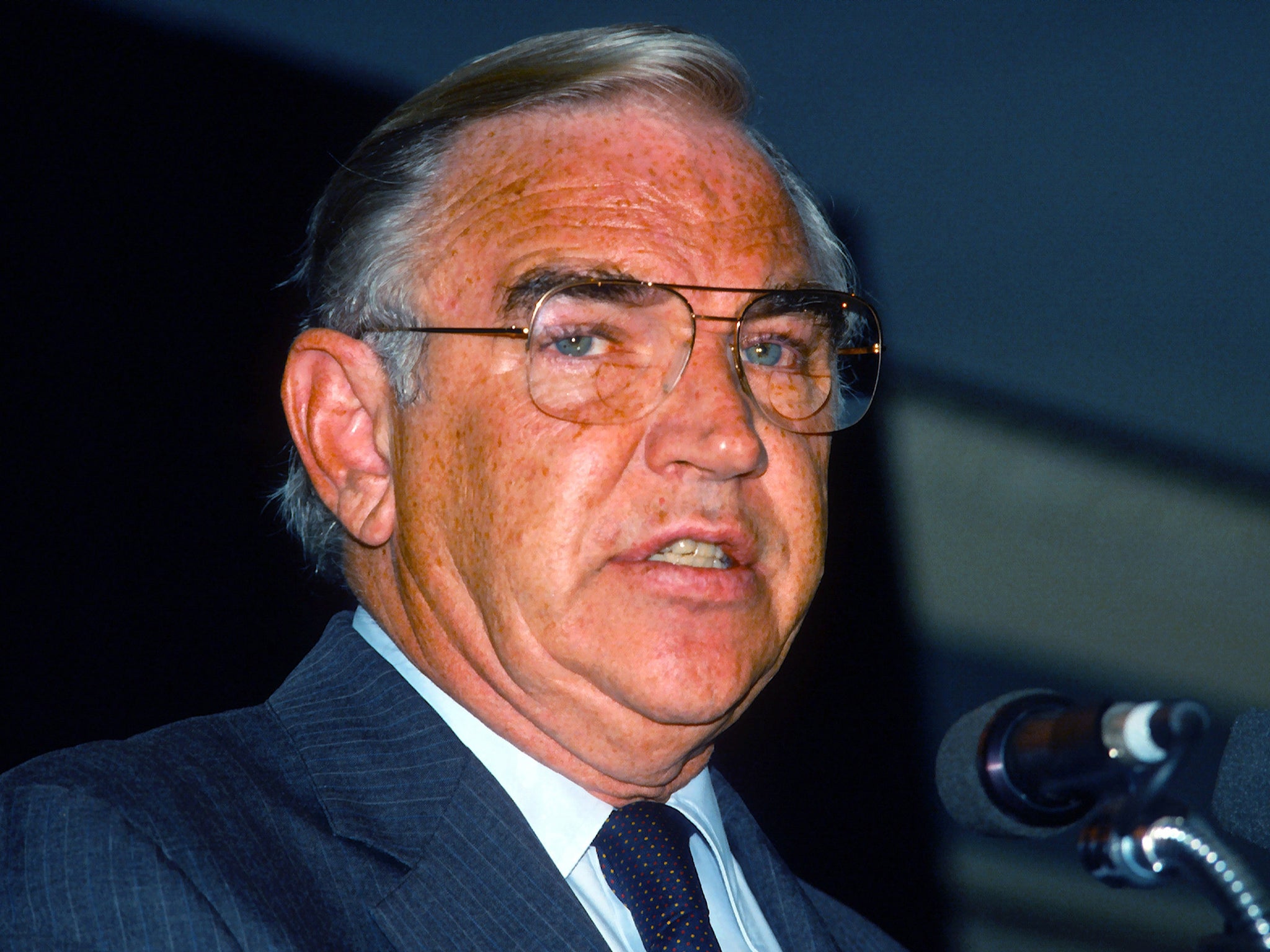Donald Keough: Business executive who expertly led Coca-Cola but also oversaw the disastrous introduction of New Coke
He called New Coke 'smoother, rounder, yet bolder' and 'the boldest marketing move in the history of the consumer goods business'

As president of Coca-Cola, Donald Keough led the world’s largest soft-drinks maker during one of its most successful eras – but also one of its worst, with the failed introduction of New Coke. As Coca-Cola’s president from 1981 to 1993, Keough, and his CEO Roberto Goizueta, were credited with steering the business to a golden age of global growth.
But they also had setbacks, most notably the reformulated Coke. In April 1985, Goizueta announced that Coca-Cola was changing the formula of its flagship drink for the first time in its 99-year history. He called New Coke “smoother, rounder, yet bolder” and “the boldest marketing move in the history of the consumer goods business.”
Consumers didn’t agree. They rejected the drink and flooded company headquarters with calls and letters demanding a return to old Coke. Fidel Castro called New Coke “a sign of American capitalist decadence.”
Less than three months later Keough and Goizueta announced that New Coke was being pulled in favour of the original formula, rebranded as Coca-Cola Classic. “Some critics will say Coca-Cola made a marketing mistake,” he said at the time. “Some cynics will say that we planned the whole thing. The truth is, we are not that dumb, and we are not that smart.”
He was born in Iowa, his father a farmer who lost most of his money during the Depression. Keough served in the US Navy and later enrolled at Creighton University in Omaha, on the GI Bill, studying philosophy. After college he stayed in Omaha, working at Paxton & Gallagher, a wholesale grocer. Focusing on marketing and advertising, he remained at the company as it grew through mergers. In 1959 it was acquired by a local maker of frozen foods. The combined company was renamed Butternut Foods, merging with Duncan Coffee in 1962 and later becoming part of Coca-Cola.
“I never changed businesses,” Keough recalled. “I started in 1950, kept my head down, and I felt privileged to work for each of them. I jumped into a little creek, which became a river, which turned into a gulf, which grew into an ocean. All I ever did was swim.”
In 1967 Keough headed marketing at Coca-Cola’s foods division and became the unit’s president four years later. In 1973, he moved to the Atlanta, serving as executive vice president of Coca-Cola USA then president until 1993.
Donald Raymond Keough, business executive: born Maurice, Iowa 4 September 1926; married Marilyn (six children); died 24 February 2015.
© Bloomberg News
Join our commenting forum
Join thought-provoking conversations, follow other Independent readers and see their replies
Comments
Bookmark popover
Removed from bookmarks